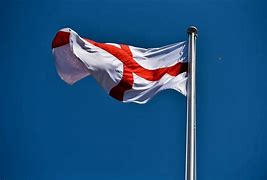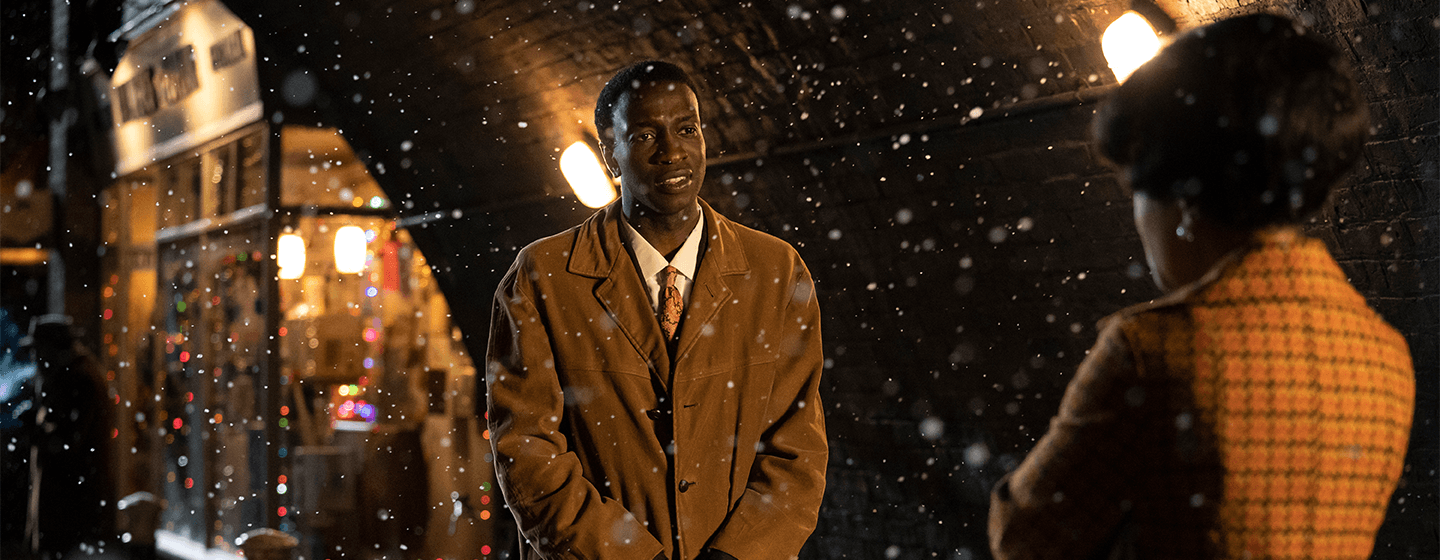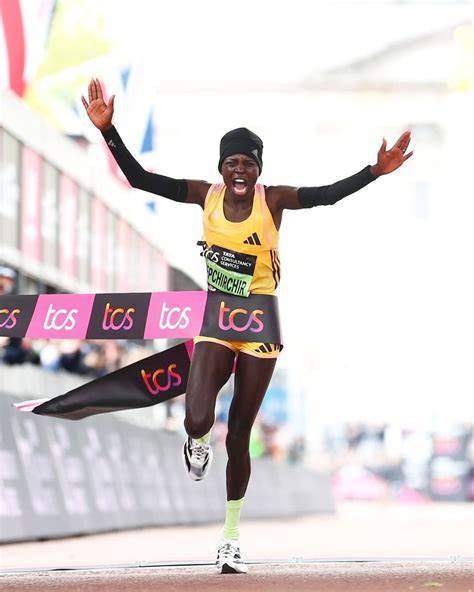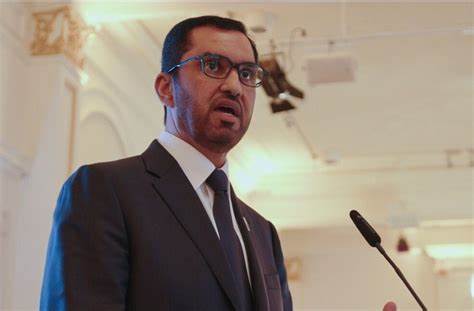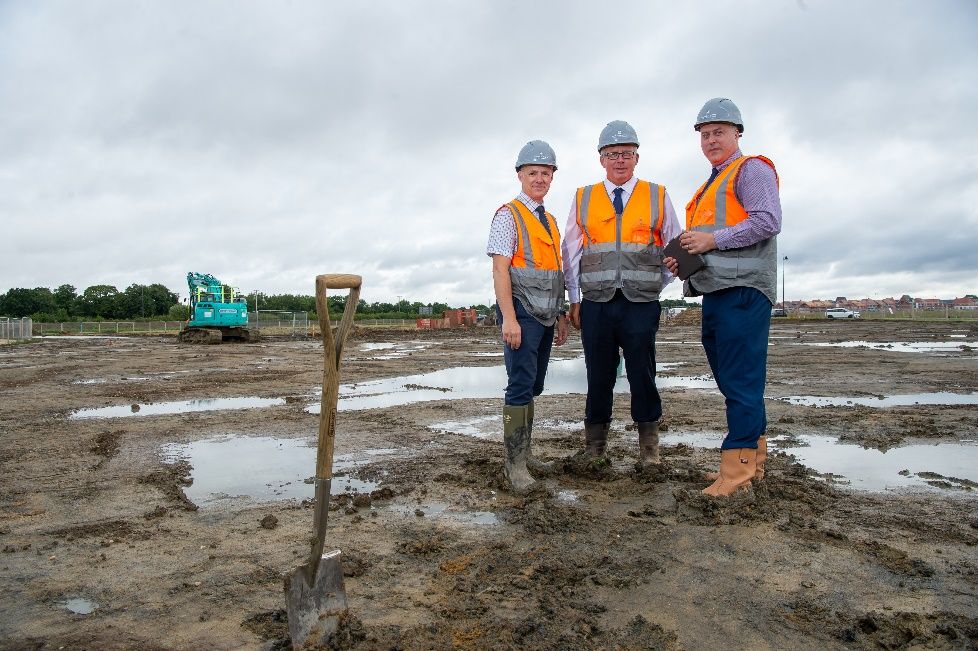Tighter rules on the use of the N-word and other discriminatory language is being adopted by the British Board of Film Classification (BBFC).
Following new research carried out by the BBFC, it said it was now "highly unlikely" content including the N-word would be classified lower than 12A/12. Racist language in older films, however, may be given a PG rating.
But that would only be allowed if the language was "contextually justified" i.e. with historical context. To be considered for a PG rating, the film must also not be accompanied by aggravating factors such as violence or threat.
The BBFC also said that from now on it would use the phrase an actor in make-up portraying a different ethnicity or similar rather than the term "blackface". The regulator, which is responsible for the age ratings for films in the UK, conducted research with 70 participants and intentionally over-represented a number of minority groups in order to understand the impact of discriminatory content on those most directly affected by it.
The participants watched clips from films and series from across the decades including Breakfast at Tiffany's, Crocodile Dundee, Call the Midwife, Selma and Hidden Figures and were then asked questions about the content. The findings suggested that people didn't think that older films and TV shows necessarily needed higher age ratings if they contain outdated behaviour or language, but they wanted to be warned about potentially offensive words or portrayals.
The research found that some people, particularly parents, believed there was value in showing children examples of racism and discrimination so they were aware of behaviour and attitudes they may experience or witness in real life. Others wanted to shield children from racism and discrimination for as long as possible.
The BBFC said people, particularly parents, wanted content warnings so they could make informed decisions.
David Austin, chief executive of the BBFC, said: "We must always assess the context in which content appears, especially with regards to the factors that may support a higher classification or help defend a lower one.
"Violent and threatening behaviour, or use of particularly offensive language, will always aggravate an instance of discriminatory or racist behaviour. However, clear condemnation, sympathy with the victims, or a documentary or historical setting can all work to help frame the sequence and potentially give the content educational value for younger viewers."
Minister for Creative Industries, Julia Lopez, said: "I'm delighted to see the BBFC taking a strong stance on classifying racism and discrimination in eligible film and TV shows. This important work will help the public, and parents in particular, make more informed choices about what their children watch."



